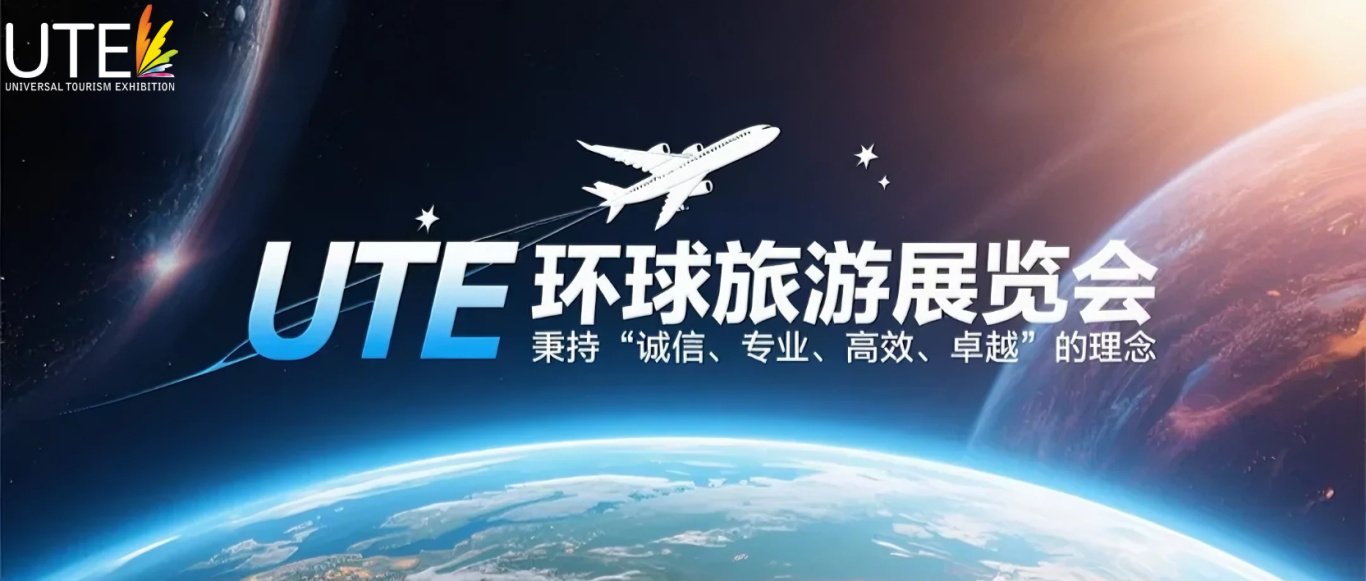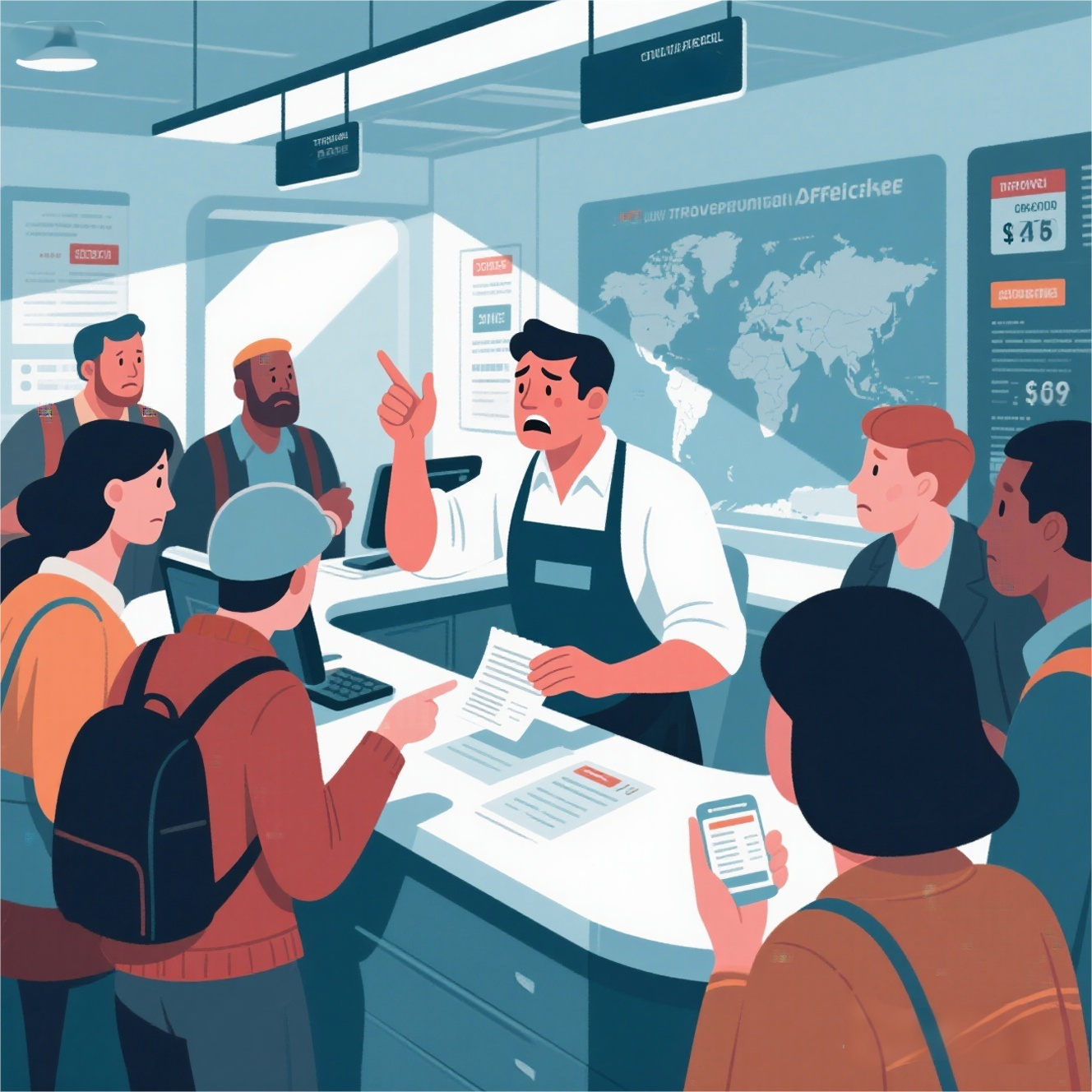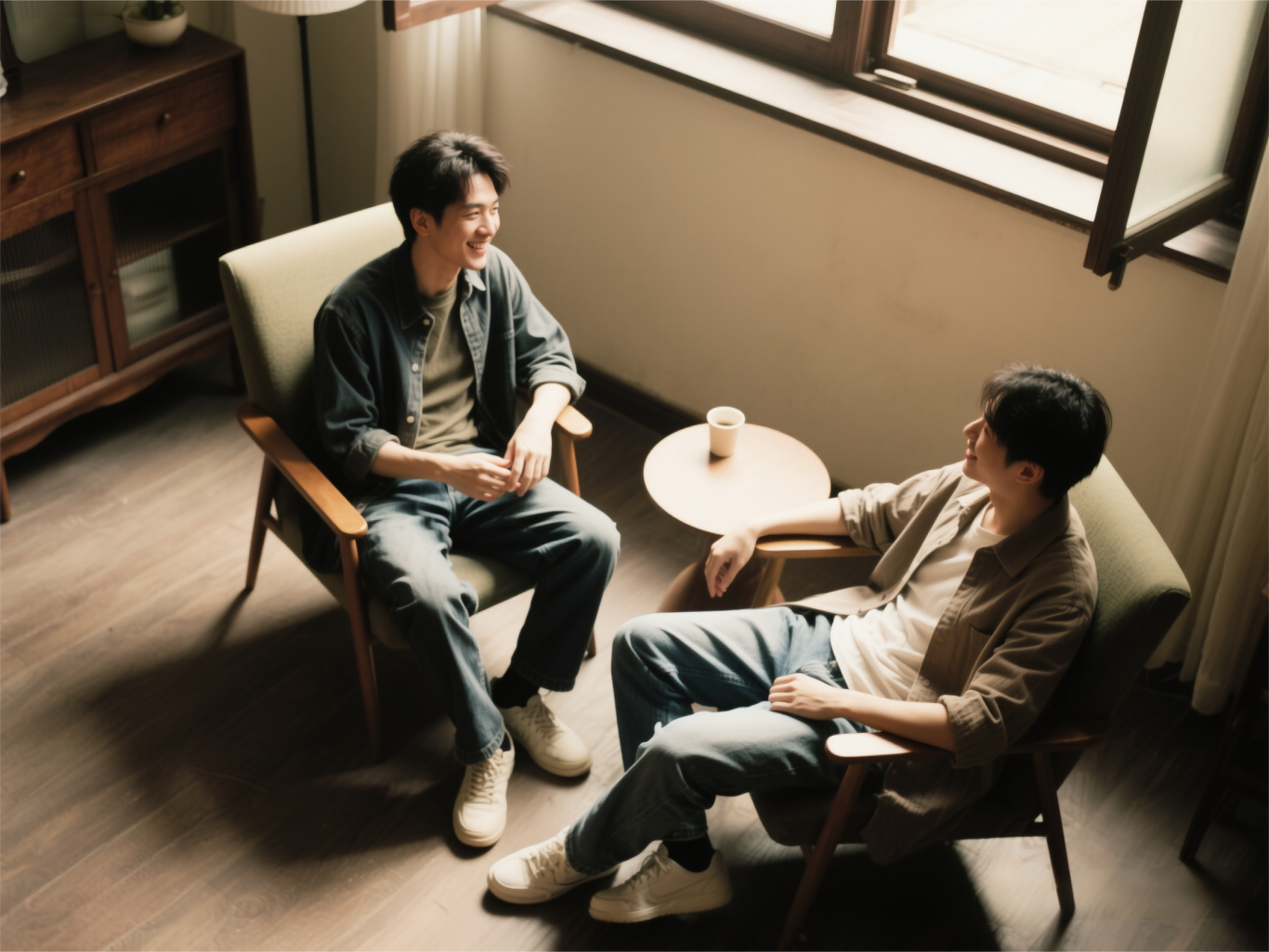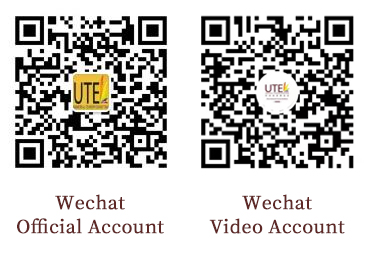Is your travel agency always being compared on price? Here are three tricks to make customers say, “We’ll choose you!”
Source: UTE Global Tourism Exhibition Outbound Travel Exhibition Date: August 26, 2025, 15:45

My friend told me that not long ago he was consulting for a travel company. As soon as he walked in, their sales team surrounded him, asking: “Customers are always comparing prices. For the same itinerary, another agency is 200 yuan cheaper—how are we supposed to handle that?” Sounds familiar, right? I bet many colleagues in the travel business have scratched their heads over this.
But today I want to be brutally honest: when customers compare prices, it doesn’t necessarily mean your price is too high—it’s because you haven’t given them a reason not to compare. It’s like in a relationship: just saying “I love you” isn’t enough, you’ve got to show them the kind of sincerity that no one else can give.
1. Why do customers insist on comparing prices with you?

A travel agency owner in Beijing who specializes in customized tours once complained to me: “All of our travel designers have over 5 years of experience, yet customers still ask, ‘Why are you 2,000 yuan more expensive than XX agency?’ When my salespeople try to explain that our itineraries include intangible cultural heritage experiences, the customer cuts them off right away: ‘Don’t talk about that nonsense, just tell me if you can make it cheaper!’”
See, that’s exactly the problem: when your product sounds no different from others, the only yardstick customers can use is price. It’s like bottled water—if you claim yours has better quality but there’s no clear label, people will just pick the cheapest bottle.
2. Three ways to make customers forget about “price comparison”
(1) Add ingredients to your product that no one else has
There’s a travel agency in Yunnan that’s really smart. Last year I took some friends to Pu’er and met a guide named Ajiang. His “Ancient Tea Horse Road” experience was totally unique: in the morning we learned to tie up loads with an old mule caravan master, at noon we ate smoked pork rice cooked over a wood fire in the mountains, and at night we stayed in an old caravan inn listening to stories. Guess what? The trip was 40% more expensive than a regular itinerary! But out of our group of 12, 10 people went home recommending it to friends, all saying: “This is a once-in-a-lifetime experience!”
The most brilliant touch was the “travel certificate”: at the end, Ajiang gave each person a parchment scroll stamped with seals from different caravan inns along the route. My son still proudly shows it off to his classmates every day.
(2) Turn the reason you’re “expensive” into a living story
There’s a customized tour company in Shanghai that takes it even further. As soon as a customer adds their WeChat, the service team sends three things right away:
① A vlog from their travel designer (full of funny stories from 10 years of leading tours)
② Photos of handwritten travel diaries from past clients
③ A live GPS link of their drivers and guides on the road
With just these three moves, I personally witnessed a lady who was still price-shopping instantly transfer the money: “Just for being this genuine—what’s a little extra cost!”
And then there’s a company in western Sichuan that runs charity tours. For every person who signs up, they donate 5% of the fee to a local school. Last time, an auntie told me: “My granddaughter got a thank-you letter from a Tibetan child—she cried her eyes out and insisted we book the same tour again next year!” Tell me, isn’t that money worth spending?
(3) Some customers really aren’t worth serving
One boss in Hangzhou is even bolder—he scrapped all tours under 3,000 yuan! Now he only offers specialty trips for women over 50, like winemaking at French châteaux or tea ceremony apprenticeships in Japan. And the result? He lost half his customers, but his profits tripled! The aunties even proactively say: “Don’t recommend me cheap stuff, I only want the best!”
This was a huge revelation for me: not every customer is your type. It’s like running a restaurant—if you try to serve both Michelin-star fine dining and roadside snacks, in the end, you’ll please no one.
3. A Few Heartfelt Truths

Lately, many colleagues have been asking me: “The travel industry is so competitive now—how can we survive without cutting prices?” Honestly, I just want to say: look at the agencies that are thriving—are any of them surviving purely on low prices?
There’s a company in Henan that developed its own management system. Hotels and tickets are connected directly with suppliers, cutting out all middlemen. They can proudly say: “For the same four-star hotel, I’m 15% cheaper than you—but my service is just as good.” Now that’s real capability!
Or take that study-tour company in Singapore—they focus only on middle school students, taking kids to do hands-on experiments in labs at Nanyang Technological University. When the kids come back, they even have to submit reports. Schools scramble to cooperate with them, and they never worry about getting business.
So, stop obsessing over how to compete on price. Instead, think about how to make your customers feel: “This was money well spent.” The essence of business is value exchange: if the experience you give is truly unique, customers will naturally delete their price-comparison apps.
Travel isn’t Pinduoduo, where everything ends in a price war. Travel should be like Xiaohongshu (RED)—as soon as customers see it, they think: “I want this!” Don’t you agree?










